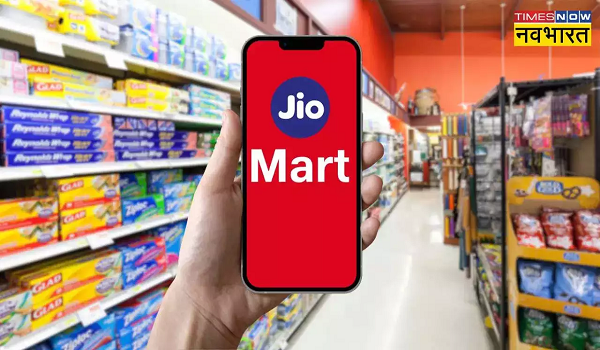Reliance Industries (RIL) chairman Mukesh Ambani is steering the conglomerate into the burgeoning quick commerce sector through JioMart, aiming to rival established players like Blinkit, BigBasket, Swiggy Instamart, and Zepto. This strategic move is set to capitalize on the shifting consumer preference towards instant deliveries, reflecting a significant transformation in shopping habits.
Reliance Industries has steadily expanded from its roots in the oil industry to a retail powerhouse, encompassing everything from digital services and entertainment to FMCG and luxury goods. Despite its vast reach, Reliance is not immune to the changing demands of millennials and Gen Z, who prioritize speed and convenience in their purchases.
According to sources cited by The Times of India, JioMart is preparing to launch its quick commerce service as early as next month, initially targeting grocery deliveries in 7-8 cities and gradually expanding to over 1,000 locations. This development follows the discontinuation of its 90-minute grocery delivery service, JioMart Express, a year ago. The new initiative promises deliveries within 30 minutes, positioning JioMart to compete aggressively in the quick commerce market.
JioMart currently offers slotted and next-day deliveries, but plans are in place to extend quick commerce to non-grocery items. Leveraging Reliance Retail’s extensive network of over 18,000 stores, JioMart aims to enhance its hyperlocal omni-channel presence across India.
The entry of Reliance into the quick commerce arena is expected to intensify competition. Blinkit currently leads the market with a 40-45% share, while the overall online grocery market, valued at $11 billion, sees quick commerce contributing around $5 billion. Analysts suggest that quick commerce is gradually eating into the market share of traditional kirana stores.
The COVID-19 pandemic accelerated the adoption of quick commerce, despite initial scepticism about Indian consumers’ willingness to pay convenience fees. Social commentator Santosh Desai highlighted that urban consumer value the convenience of quick deliveries, which eliminates the need for pre-planned purchases and reduces the hassles of traditional shopping.
A survey by Bernstein revealed that 60% of respondents aged 18-25 preferred quick commerce platforms, a trend that decreases with age but signifies a strong shift in consumer behaviour. Leading FMCG companies, such as Hindustan Unilever, Dabur, Adani Wilmar, and Parle Products, reported a significant rise in sales from quick commerce, with contributions to overall e-commerce sales doubling in a year.
The quick commerce sector is also seeing interest from major players like Walmart-backed Flipkart, which plans to launch its service in July. Existing quick commerce platforms are expanding into new categories, including fashion, electronics, and home appliances, indicating robust growth beyond groceries.
However, as quick commerce companies move towards higher-value products, they face new logistical challenges. Delivering larger items will require adjustments in supply chain operations, real estate, logistics, and working capital, as noted by industry executives.
Reliance’s entry into quick commerce is poised to reshape the landscape, driven by its extensive resources and nationwide reach. As consumer habits evolve, the competition will intensify, pushing companies to innovate and adapt to meet the growing demand for instant gratification in shopping.


